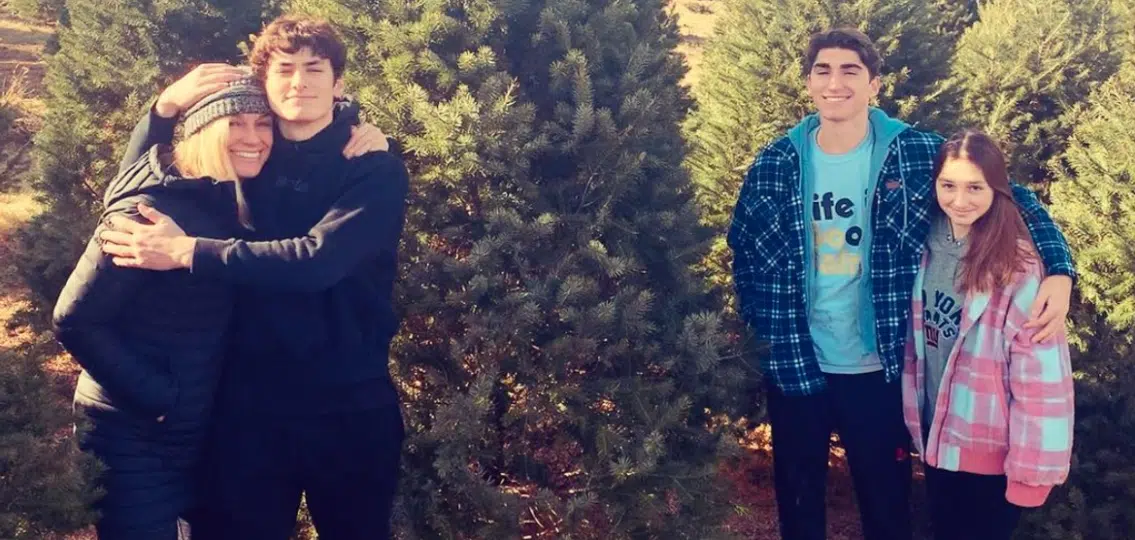I want something that won’t make me sound like a raging feminist.
This is how my 13-year-old daughter asks for my help in researching possible speeches to memorize for her upcoming middle school Declamation Competition.
And just as you can no longer ignore the thought of “purple elephants” once someone says “purple elephants” in a conversation, I can’t stop thinking feminist thoughts as I open up my laptop and type words into a search bar.
Not.
Raging.
Feminism.
In our home, feminism has been an elusive concept no matter how hard I try to clarify by word and deed. My three children know I was a lawyer at a high profile male-dominated law firm in New York City for over a decade. They know that when I was still married to their father, I was the primary breadwinner for 13 years, putting their father through medical school, residency, and fellowship. They know too that I left my law career when they were young, as I tried to forge a more creative and more flexible life for myself and for them. My background seems only mildly interesting to them. Mostly they take my choices and ambition and success all for granted, which feels—truthfully—like the result I was looking for.
My sons, ages 16 and 18, are kind and respectful to their confident girlfriends. Everyone expects everyone will work just as hard and succeed just as much as their male, female and non-binary peers. My daughter is unapologetic in her refusal to give in to middle school drama. She sticks up for underdogs, neglected classmates and even the mean girls, vocal in her belief that there’s more to everyone’s story than the forward-facing cover. She is a safe space for friends to come out to and confide in.
And now, my daughter is looking for an essay to memorize and recite that will not make her “sound like a raging feminist.”
If you ask my boys if they are feminists, they will look at you incredulously, as if you just asked if they live on Mars. Sometimes when the question of feminism comes up, they’ll ask, “Mom, why don’t you care about us boys, too?”
There is an underpinning of hurt to their words. Feminism feels exclusionary to them. Indeed, there is a brand of feminism that history has forced to be single-mindedly focused on its agenda. At times, it has had to ignore the men. Sometimes it has even been angry. While we’re grateful for those single-minded pioneers who created options for the rest of us, my daughter and I have inherited a different kind of feminism from our ancestors. It’s a luxury, of course, brought on by those raging feminists before us. It’s also a necessity for us, as we share our lives and home with these boys we call our equals.
My daughter laughs at and with the boys at the dinner table and goes along with the jokes.
“You’re not a feminist, are you?” Her brothers elbow her and ask her opinion on their campaign posters and science fair topics. Her opinion is as important to them as their own. They seem intent on making sure that they are still important to her. Still equal to her.
She shrugs off their question, and I catch her eye with a wink. We know the truth. We love our boys because of and not in spite of our feminism. We aren’t angry about the boys’ confusion and denials. We understand on some level. We’ve grappled with confusion and denial ourselves and traded anger for resolve. We are in fact, decidedly, not raging.
As my daughter and I scroll through possible Declamation Competition contenders, we talk about those feminists who have come before and those who have been angry. We talk about why the anger was necessary. My daughter is still sort of awestruck that women only got the right to vote in the last 100 years. I am too.
There was a violence in the suffragette movement that seems, if not justified, then at least understandable from this vantage point in history. So too the anger and rage that marked the Women’s Marches and #metoo movement of the last decade, during my daughter’s own lifetime. We talk about all of this on our journey to understand our feminist identities. As we seek to claim an identity all our own.
We scroll past speeches marked by righteous anger as somehow not quite the right fit for us, all the while knowing our non-rage is a luxury we wrap ourselves in. We are cautious not to take it for granted. My daughter settles on a speech by Meghan Markle delivered to the UN, in which she talks about feminism with words of equality and hope.
“[Equality] means that a wife is equal to her husband; a sister to her brother. Not better, not worse—they are equal.”
Yes.
My daughter and I nod along with Meghan Markle as we watch her speech together.
This is the kind of feminist my daughter wants to be and the kind I already am.
I find myself grateful to all those angry, rage-filled women who came before us, tamping down the path for my daughter to make her own way. Maybe, hopefully, her brothers will one day understand the kind of feminists their mother and sister truly are—the kind that roots for them fiercely, carrying on the legacy of those who came before.
And so, the next time they ask us, “You’re not feminists, are you?” we’ll both answer: “Yes, we’re feminists,” because though we may no longer be raging, we’re still resolved.




